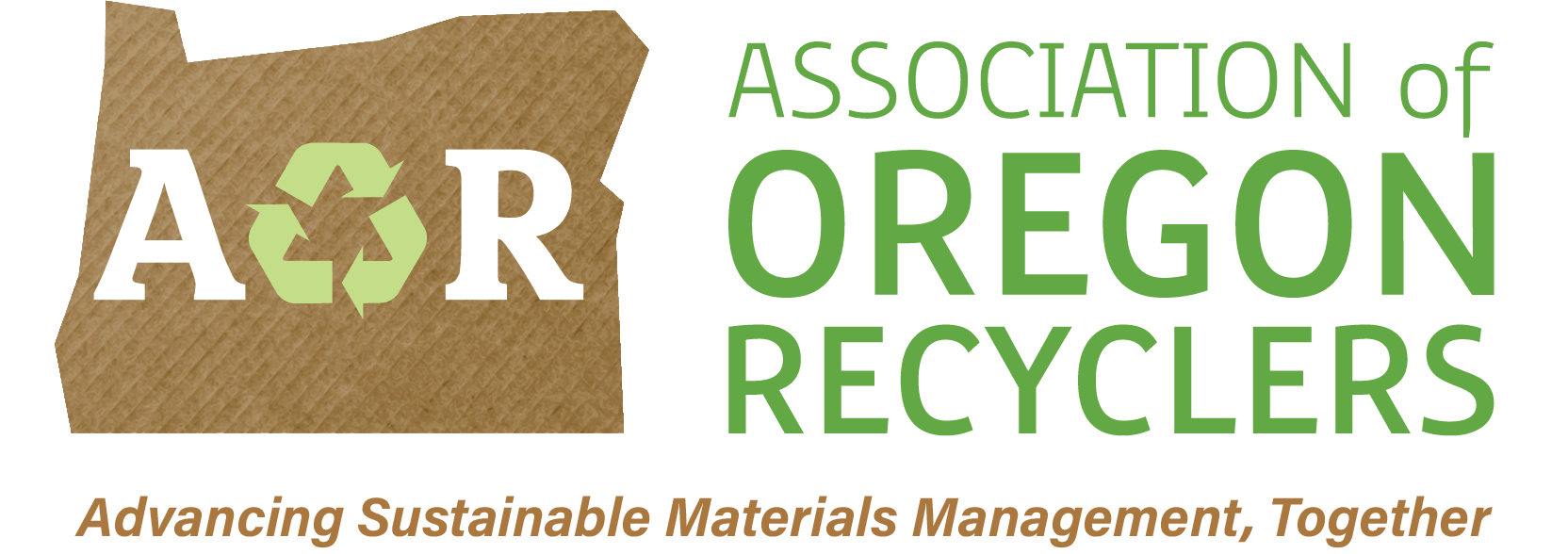AF&PA lists 2019 top advocacy priorities
The American Forest & Paper Association (AF&PA), Washington, has announced some items that top its 2019 advocacy priority list. This year, the association plans to promote a more resilient paper recycling system, transportation infrastructure, international trade, tax policy and regulatory reforms and process improvements.
According to an AF&PA news release, the association plans to pursue these priorities as it supports the pulp, paper, packaging, tissue and wood products industry’s ability to grow and create manufacturing jobs. The following is a breakdown of each of AF&PA’s 2019 advocacy priorities:“Clear public policies that advance our industry’s ability to apply sustainable manufacturing practices to innovate, invest, compete and plan for the future top our 2019 advocacy priorities list,” says AF&PA President and CEO Donna Harman. “A market-based paper recycling system, improved transportation infrastructure, free and fair trade, a competitive tax system, and regulatory reforms and process improvements will go a long way toward helping our companies make the products that improve peoples’ everyday lives.”
- More resilient U.S. paper recycling system -- Paper, by weight, is the most recycled material from municipal solid waste streams in the U.S. today, and our industry has met or exceeded a 63 percent recovery rate for paper and paper-based packaging for each of the last nine years. That success story stems from our industry’s voluntary investment to build a commercial paper recycling infrastructure as well as the commitment by millions of Americans who recycle at home, at work or at school every day. Policies that further a strong market for paper recycling and provide for the effective use of recovered materials to create jobs, reduce environmental impact and improve quality of life will have our support.
- Transportation infrastructure -- Moving raw materials to mills and products to customers remains increasingly difficult and costly, hindering competition and preventing companies from contributing to economic growth. Safely increasing truck weight limits on federal interstate highways and freight rail system rate and service improvements are necessary steps to address a nationwide shortage of transportation capacity and inefficiencies.
- Free and fair trade -- Free and fair trade policies must recognize our strong global position and are essential to our manufacturers’ ability to compete at home and around the globe. The recent signing of the U.S.-Mexico-Canada Agreement represents a positive step toward strengthening our industry’s products in the North American market. Our work will focus on ensuring the agreement preserves and improves market access and investor protections, such as investor-state dispute settlement procedures.
- Tax policy -- Our globally competitive tax code enables paper and wood products manufacturers to make investments that will support a robust future. We will defend the policy changes achieved in 2017 to ensure that our priorities are reflected in implementing regulations.
- Regulatory and process reforms -- Measures that streamline the permit process and reduce the cost and uncertainty of regulations, including implementation of federal biomass policy that appropriately reflects our industry’s use of carbon-neutral forest biomass for energy production, are long overdue. We will advocate for effective public policy that does more good than harm, stimulates innovation and sustainable development, encourages economic growth and job creation and builds public confidence in government.
